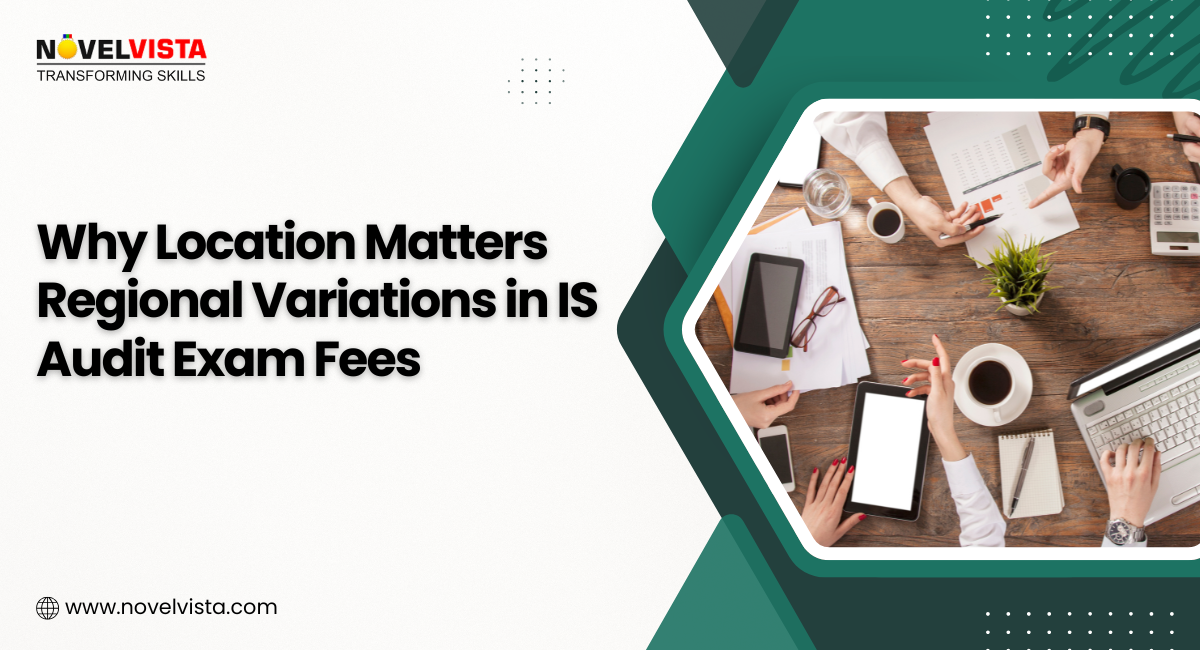
When it comes to pursuing a professional career in information systems auditing, one of the most respected credentials is the Certified Information Systems Auditor (CISA). While the value of the certification is recognized worldwide, many aspiring candidates are often surprised to find that the fee structure for the exam and related expenses can vary depending on location. Understanding why these regional variations exist can help you plan your certification journey more effectively.
Global Recognition with Local Differences
The CISA exam is standardized worldwide, ensuring that the quality and rigor remain consistent across regions. However, the associated fees are not always identical. Exam takers in North America, Europe, Asia, or the Middle East may encounter slightly different pricing structures. This is not due to the exam’s content but rather to localized operational costs, currency differences, and membership benefits provided by ISACA, the governing body.
Factors Driving Regional Fee Variations
1. Currency Exchange Rates
One of the primary reasons for fee differences is currency fluctuation. A fee structure set in U.S. dollars can translate to varying amounts in local currencies. Depending on exchange rate trends, the actual payable amount may be higher or lower for candidates outside the U.S.
2. Local Tax Policies
In some countries, exam fees are subject to additional taxes such as VAT or GST. This can significantly increase the final payable amount compared to regions where no such taxes are applied. Candidates should always check whether the listed exam price is inclusive of taxes or if additional charges apply.
3. Membership Discounts
ISACA offers discounts to members, but the cost of membership itself can differ regionally. In certain countries, local ISACA chapters may offer reduced membership rates, which indirectly impacts the overall expense of pursuing the certification.
4. Administrative and Operational Costs
The cost of managing exam centers, providing support staff, and maintaining digital platforms may differ by region. For example, exam delivery in remote or developing regions might incur additional logistical costs, which can reflect in the exam fee structure.
Planning Your Certification Budget
Before registering for the exam, it is essential to research the fees applicable in your region. Candidates should not only consider the exam registration fee but also additional expenses such as membership charges, taxes, training programs, and study materials. For many, investing in official resources and training can make a substantial difference in exam preparation and success.
If you are planning your budget, a good starting point is to review details on the official site or trusted education partners. You can also check the latest breakdown of expenses and comparisons here: CISA Certification Cost.
Why Location-Based Research Pays Off
Being aware of regional variations ensures there are no last-minute surprises during registration. For instance, a candidate in India might notice a difference in payable amounts compared to someone registering from the U.S., even though both are taking the same exam. By factoring in local costs early on, you can manage your financial planning better and focus on preparation instead of worrying about hidden charges.
Conclusion
Earning the CISA credential is an investment in your professional growth, opening doors to higher-paying roles and global opportunities in IT auditing and governance. However, understanding the nuances of regional fee variations helps you plan this investment wisely. Currency exchange rates, tax implications, and membership benefits can all influence the final amount you pay. By conducting careful research into local pricing, you set yourself up for a smoother certification journey and ensure that your focus remains on passing the exam and advancing your career.


Write a comment ...